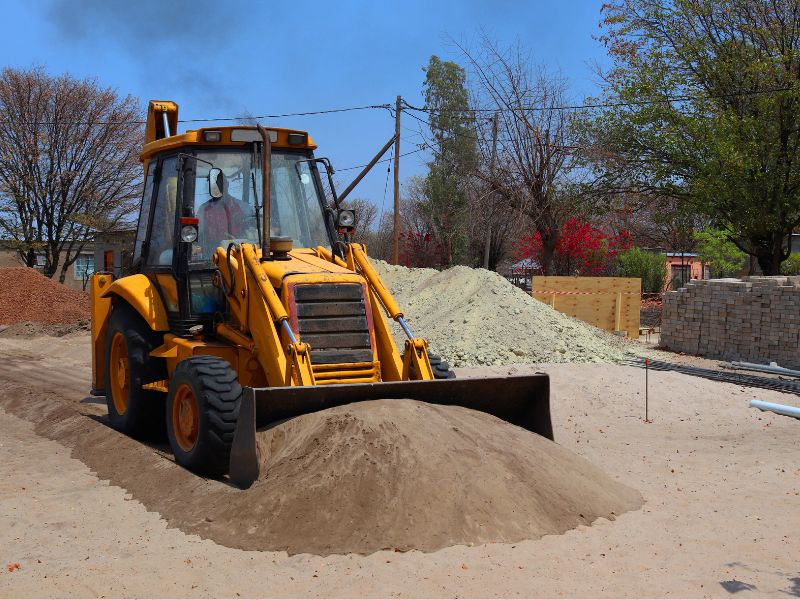While traditional classroom theory training is a good way to learn the ins and outs of a trade, for some people the information goes through one ear and comes out the other. A good deal of people learns much quicker when they are shown first-hand how to complete something, as well as doing the task themselves. A trial of failure can make an experienced operator just as much as one who goes to all the classes and courses. Similarly, if you want to be a crane operator, being able to use the equipment and learn how it works is the best way to get real-world experience in a safe, controlled environment. Here are two benefits of hands-on crane operator training.
One-on-one Instructor engagement.
In a traditional training program, a student may not feel the need to ask questions when an instructor is giving a lecture or demonstration. A really good teacher can tell when a student isn’t engaged, but when they have more than a handful of students in their class, it may be difficult for them to give that specific kind of attention. In a hands-on environment, though, if a student has a question or doesn’t understand something, they are more highly motivated to engage with the instructor when they’re working on a machine in real time.
Easy transition from training to the job.
Once you’ve completed your training, you already have hours of experience working as a crane operator. Having had the space to practise being a heavy machine operator, you have a head start, confidence in your abilities, and support from instructors. Hands-on learning is an effective way to master any type of skills, but is especially helpful when your classroom and practical learning time can translate to something you can put on a resume.
Do you wish to begin a career in the construction industry, but don’t know where to start? Contact Construction and Plant Training Service at 01234 604151 or 0777 18 12 418 today. We will help you to make your dreams come true.





